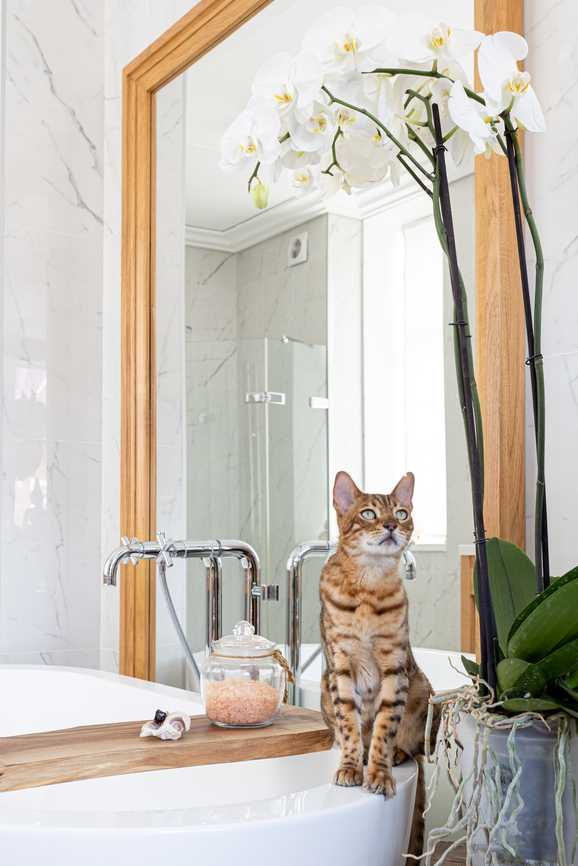A bathroom mirror is a fixture in a home—or is it?
My phone rings. It’s Amanda, a client in the last steps of buying a house with her husband James. She’s calling as they take the final walk-through before the closing the next day. I hear the upset in her voice as she tells me, “The mirror. The bathroom mirror...it’s gone!”
She is reeling at this latest indignity. Their journey to buy a single-family home in Chicago had been a long, trying one. She and James made countless offers that were all rejected or outbid. They were about to give up before this seller accepted their offer—on a home Amanda and James really, really wanted.
Even before this moment, the deal had been contentious. “What is wrong with these people? They took the mirror off the wall! Can we get it back?” she asks angrily.
This situation isn’t surprising. Home fixtures are frequent points of confusion and contention in real estate transactions.
So, what is considered a fixture? Fixtures are physical objects that are permanently attached to a home, so that removal would cause damage to the property. They may be custom made or specially adapted to fit a specific location. And, unless the item’s removal is specified in the contract, buyers expect fixtures to stay with the home.
Fixtures are items that are attached, glued or bolted to the wall and/or floor (like a built-in bookcase) that typically stays with the house.
Personal property is free-standing or hung on a hook or nail (think artwork and potted plants) that is removed/retained when the seller moves.
The contract should ensure that there is no ambiguity. The real estate purchase and sale contracts commonly used in Chicagoland sales typically include a list of items that will remain with the home and those that will be removed. Alas, bathroom mirrors are not on that list.
Real estate brokers can help minimize last-minute drama by reviewing fixtures and personal property with their buyers and sellers while preparing or reviewing purchase offers.
Our firm strives to avoid these issues too. We ask our sellers to review the fixtures in the contract before the buyers’ attorney review. Conversely, we ask our buyers to review the contract to ensure everything they expect is included. Further, we ask the sellers’ attorneys to confirm what will stay or go.
A few days before closing, we also remind sellers and their attorneys, so the leave-behind items are not packed up or taken away by mistake, which frequently happens.
In Amanda and James’ case, the seller’s attorney pointed out that the bathroom mirror was nail-hung and not attached. We countered by showing our attorney review letter in which the seller agreed that the mirror would stay. We also showed our follow-up email reminding the seller to leave everything that was promised—including the mirror.
Soon, the seller agreed to offer a credit, so Amanda could buy a new mirror. And we all took another step forward, toward the closing table.
Here are some hot-button items that should be addressed in the contract to avoid unhappy clients at closing time:
- “Beer sign” lights
- Dog fences
- Extra hardware—tile, siding, shingles, etc.
- Firewood
- Free-standing basketball hoops
- Free-standing kitchen islands
- Gardening or tool sheds
- Gardening tools
- Garbage cans
- Chandeliers and other light fixtures
- Mirrors
- Paint cans—Some buyers want all the paint left behind to do touch ups while others have no use for it and want it removed.
- Window treatments—Sellers often want to take curtains and drapes, but if they provide privacy, a buyer will expect them to stay.
When you subscribe to the blog, we will send you an e-mail when there are new updates on the site so you wouldn't miss them.
